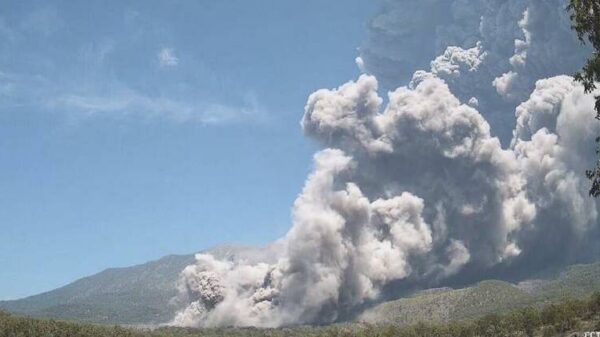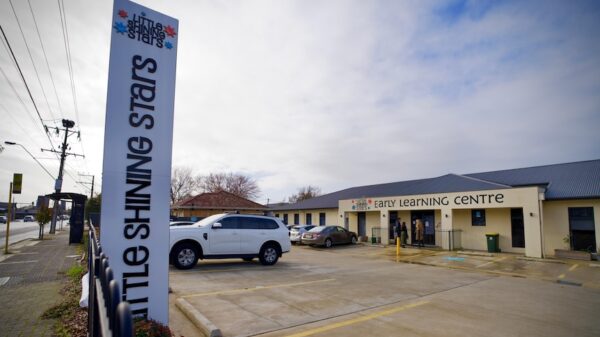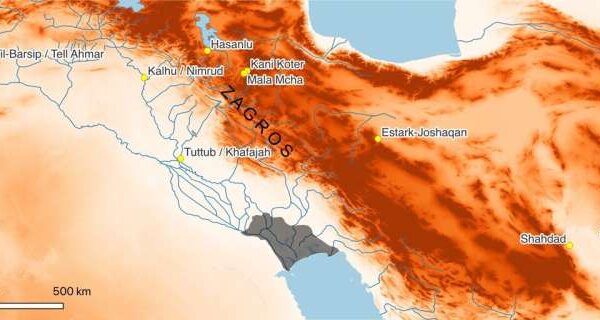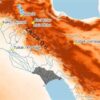As a heatwave grips Colorado, more than 91,000 residents living with Alzheimer’s disease face increased health risks. Temperatures soaring to 100 degrees Fahrenheit are not merely uncomfortable; they can be life-threatening for individuals with cognitive impairments. The combination of heat and the symptoms of Alzheimer’s can exacerbate confusion, leading to dangerous situations.
The National Weather Service has issued heat advisories across the state, warning that prolonged exposure to such high temperatures can lead to heat-related illnesses. While most individuals may experience discomfort, those with Alzheimer’s are particularly vulnerable. Their ability to recognize and respond to extreme heat is often compromised, putting them at a greater risk of dehydration and heat stroke.
Health Risks Amplified by Heat
According to the Alzheimer’s Association, the symptoms of Alzheimer’s can impair judgement and reduce the ability to communicate effectively. This makes it challenging for patients to seek help or take precautions during extreme weather. Caregivers are urged to monitor their loved ones closely, ensuring they remain hydrated and cool.
The threat posed by heat is compounded by the fact that many Alzheimer’s patients may not recognize the signs of overheating. Confusion, agitation, and forgetfulness can prevent them from taking necessary actions, such as moving to a cooler environment or drinking fluids. Caregivers play a critical role in mitigating these dangers by providing constant supervision and support.
In preparation for the heatwave, the Colorado Department of Public Health and Environment has launched initiatives to raise awareness. They encourage caregivers to create safety plans and check on patients frequently. The department emphasizes the importance of staying indoors during peak heat hours and utilizing air conditioning or fans to maintain a cool atmosphere.
Community Support and Resources
Local organizations are stepping up to assist families affected by Alzheimer’s. Community centers are offering resources and support groups, providing a network for caregivers to share experiences and strategies. The aim is to foster a sense of community while addressing the unique challenges presented by the heat.
As the heatwave continues, it is crucial for the public to recognize the heightened risks faced by Alzheimer’s patients. Awareness and proactive measures can make a significant difference in ensuring their safety. With the right support and vigilance, families can protect their loved ones during these extreme conditions.
The situation underscores the broader implications of climate change on health, particularly for vulnerable populations. As heatwaves become more frequent and intense, the need for tailored responses to protect those with cognitive impairments will only grow.
Caregivers, healthcare providers, and community organizations must collaborate to address these challenges effectively. By prioritizing the needs of Alzheimer’s patients during such extreme weather events, society can help safeguard their health and well-being.



























































